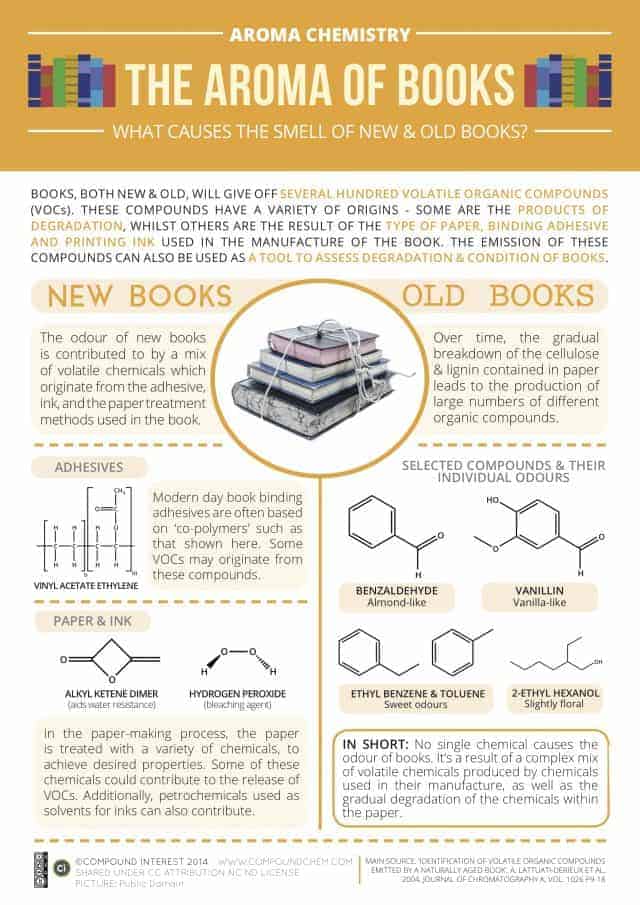The Scientific Research Behind Aromatherapy: Recognizing Its Healing Feature
The Scientific Research Behind Aromatherapy: Recognizing Its Healing Feature
Blog Article
Posted By-Noer Voss
When it involves aromatherapy, recognizing the scientific research behind necessary oils can improve your health routine. These oils include distinct chemical compounds that interact with your body, potentially using different advantages. From lowering tension to improving mood, the effects are grounded in research study. However exactly how do these substances work, and which oils should you think about for details requirements? Checking out find out here now can lead you to a more educated strategy to your health.
The Chemistry of Crucial Oils and Their Effects on the Body
When you explore the chemistry of crucial oils, you'll uncover exactly how their one-of-a-kind compounds engage with your body to promote healing.
Each oil contains various chemical components like terpenes, esters, and phenols, which can affect your body in different ways. For example, terpenes offer anti-inflammatory benefits, while esters can assist soothe and relax you.
When you inhale these oils or apply them topically, they're absorbed into your blood stream, where they can target specific disorders. This interaction stimulates your body's all-natural recovery processes, improving your overall health.
Understanding these chemical buildings equips you to choose the ideal oils for your demands, whether you're aiming to minimize discomfort, boost immunity, or boost skin health.
The scientific research of essential oils is absolutely fascinating!
The Function of Aromatherapy in Mental Wellness and Psychological Health
Aromatherapy has obtained recognition for its profound effect on psychological health and wellness and emotional well-being, as it can effectively decrease anxiety and anxiousness degrees.
When you inhale the comforting scents of necessary oils, like lavender or chamomile, they can set off favorable emotional reactions in your brain. This technique invites a sense of calmness and promotes leisure, making it easier to manage day-to-day obstacles.
You may discover that incorporating aromatherapy right into your routine assists raise your state of mind and enhances your general psychological durability.
Whether you utilize a diffuser, add oils to a bathroom, or use them topically, the right scents can produce a soothing environment, permitting you to reconnect with on your own and promote a feeling of peace among life's turmoil.
Scientific Study Sustaining the Perks of Aromatherapy
While many people have actually lengthy cherished aromatherapy for its relaxing impacts, clinical research study significantly verifies its benefits. large room essential oil diffuser reveal that essential oils like lavender can minimize anxiousness and boost sleep top quality.
For instance, a 2015 research study highlighted lavender's potential to reduced cortisol degrees, promoting leisure. In addition, the scent of citrus oils has actually been connected to enhanced mood and minimized tension.
Study likewise suggests that breathing in specific crucial oils might boost cognitive function and emphasis. By including aromatherapy right into your routine, you might experience these positive effects firsthand.
Whether you're diffusing oils or using them in massage therapy, the evidence sustains the concept that aromatherapy can play a considerable function in improving your overall health.
Final thought
Integrating aromatherapy into your health routine can be a powerful tool for enhancing your mental and psychological health and wellness. By understanding the distinct chemical substances in crucial oils, you can make enlightened choices that line up with your needs. Whether you're aiming to reduce stress and anxiety, boost your state of mind, or improve cognitive feature, the benefits of aromatherapy are sustained by scientific research. Accept these natural recovery residential or commercial properties, and experience the favorable effect they can have on your overall well-being.
